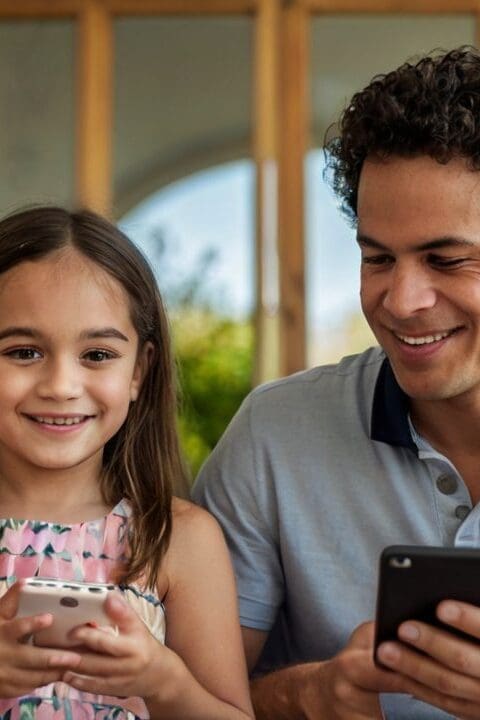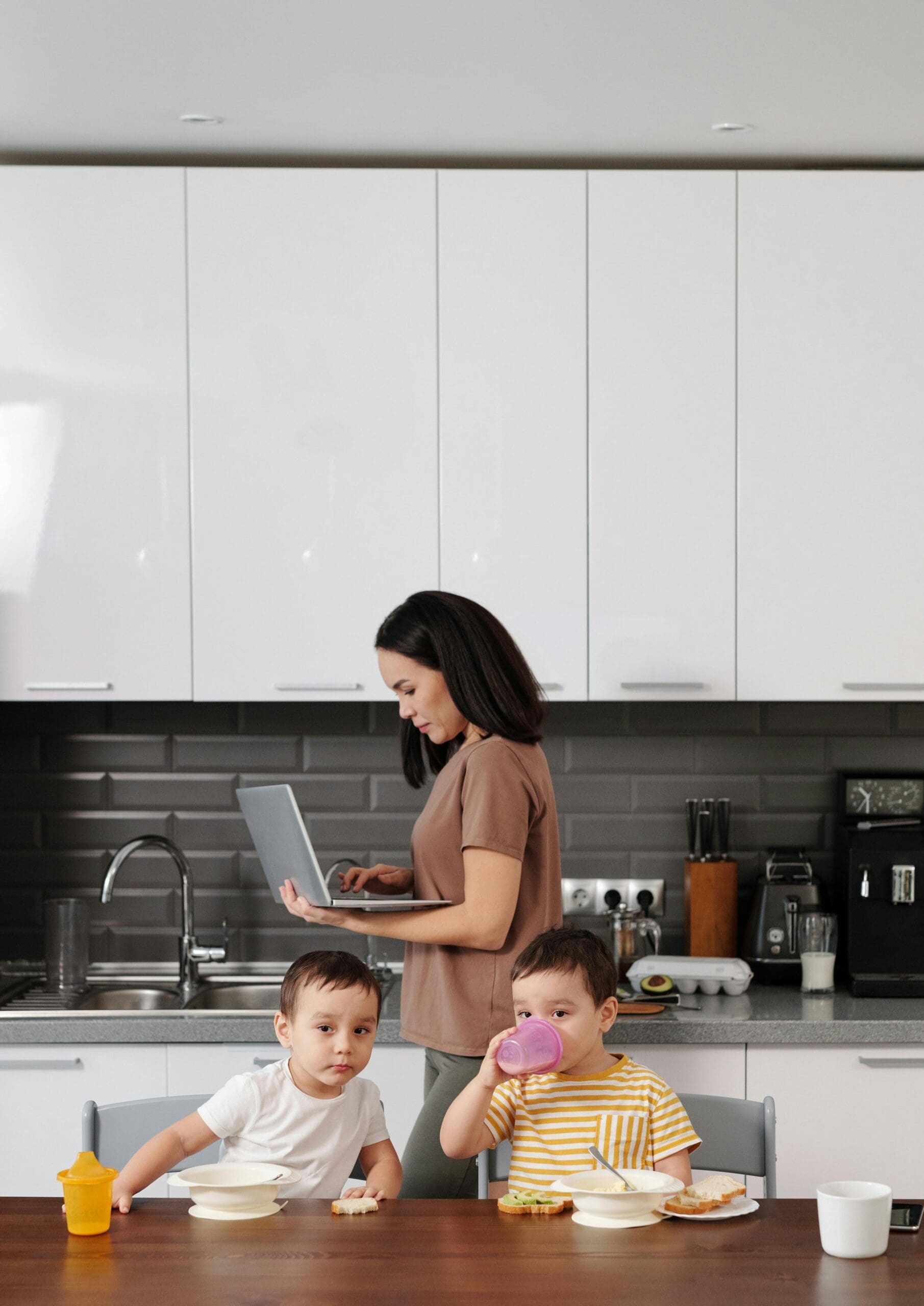Are We Ruining Our Children’s Digital Reputation Without Realising It?
So, are we as parents dooming our children’s digital reputation before they have even had a chance to create one themselves? Given the proliferation of smartphones and the ability to take pictures/videos/live stream and then share in near real-time on social media, we can record pretty much every aspect of our children’s lives from birth. In one of my previous blog articles, I discussed how obsessed we are with our mobile phones, where we are seemingly sharing content online and checking our Facebook status every 5 minutes in fear that we might have missed something (FOMO or “fear of missing out”).
Are we getting hooked on technology so much that we can’t separate ourselves from our digital world, and where, as a result, are our children being unwittingly plunged into the social media cauldron? When it comes to sharing photos/videos of your children on social media, what is acceptable to post online or do some of you not post anything?

Kids are fighting back
So you have pretty much documented online your kids growing up, warts and all? If so, beware, there are now children, all grown up, taking their parents to court to get images of their childhood removed from Facebook. For example, in Austria where an 18-year-old is bringing a case to court, where an 18-year-old is suing her parents to get images of her childhood removed from Facebook. She is recorded as having said of her parents, during the proceedings, “They knew no shame and no limit and didn’t care whether it was a picture of me sitting on the toilet or lying naked in my cot. “Every stage was photographed and then made public”.
Not only are children fighting back, but authorities in France have warned parents they could face significant fines and possible jail time for publishing photos of an intimate nature of their children on social media without their permission, due to the country’s privacy laws. Granted, these are pretty extreme outcomes for any child to take to protect their privacy, but this should really be the exception rather than the norm.
Just how bad is it?
In a study last year by Nominet, they stated that by the time children turn 5, there is an average of 973 photos of them online (which equates to 195 shared per year). This increases to around 200 photos a year shared by parents of children under 16. The most popular application for uploading/sharing images, unsurprisingly, is Facebook (53%), with Instagram (14%) and Twitter (12%) being the other platforms of choice. Does that number seem about right? And is it only going to get worse?
What hope do our children have when it comes to defining their own digital reputation? Should we as parents be thinking twice about what we post online? Or are we as parents just posting photos online of how well our children are doing at school or a sporting event, turning Facebook into a “skitebook”? Does this type of parental posting help our children’s digital reputation, or is it more for the benefit of us as parents?
Or are we as parents just posting photos online of how well our children are doing at school or a sporting event, turning Facebook into “skitebook Share on XHow Parents Can Help
Even as our children grow up, they are bombarded by social media with all that it entails, such as trolling, cyberbullying, privacy breaches, unwanted attention, and the list goes on. As well as getting sucked into various online platforms, that are trending at the time or the latest online craze. It is up to us as digital parents to educate our children on both the good and bad of being online, and that should include a conversation about their digital reputation
Digital Parents should think about what they upload with regard to their children and ask themselves, “Would my child actually thank me for sharing this once they have grown up?” Being more aware of the social media trends, including privacy settings and what is the latest thing, is all part of the world that parents and children now live and taking a blasé attitude to social media is no longer appropriate, and it could be detrimental to you and your children’s digital reputation.
Children and Social Media
The relationship between children and social media is complex and multifaceted. On one hand, social media platforms offer opportunities for children to connect with friends, express creativity, and easily access information. On the other hand, these platforms pose risks such as exposure to inappropriate content, cyberbullying, and privacy concerns. Parents and educators must guide children in using social media responsibly, setting appropriate boundaries, and fostering digital literacy.
By promoting healthy online habits as parents, children can enjoy the benefits of social media while minimising its potential harms. I have found that talking to my children about social media and going online in general, you are educating them about the good, the bad and the ugly of the digital world. I have written a guide for Digital Parents on raising awareness of social media use, called: 8 Digital Parenting Strategies to Survive in a Tech World.
Sharing online a few tips for Parents:
- Parents – think digital reputation? “Would your child actually thank you for sharing once they are all grown up?”;
- Educate your children on the good and bad of social media.
- Support and help guide your children’s online profile/usage;
- Frequently check your own privacy settings on your social media profiles (and also get your children to do the same);
- Ask permission to share photos/videos on social media, particularly for older children.
- Use the most appropriate media to share, both from a public and private perspective, using apps such as kin2kin, Messenger, WhatsApp, and Snapchat or through sharing a private folder on Dropbox/OneDrive.
- Parents, you should ask your children’s permission before you share anything online that relates to them, especially as they get older.

The Impact of Parents on Children’s Digital Reputation
As you will know, parents post pictures of their children, share their achievements, and even vent about parenting struggles online. However, this can affect a child’s digital reputation negatively. Once something is posted, it can be difficult, if not impossible, to erase it. What might seem like a cute or funny post today could become a source of embarrassment or even bullying for the child in the future.
Furthermore, oversharing can expose children to privacy risks, including identity theft and exploitation. Children are growing up in a world where their every move can be documented and shared, impacting their digital reputation before they are even aware of what that means.
It’s Time to Take Digital Reputation Seriously. Start setting boundaries, leading by example, and teaching your kids how to navigate the online world safely. Read more tips on digital parenting and online safety now.

